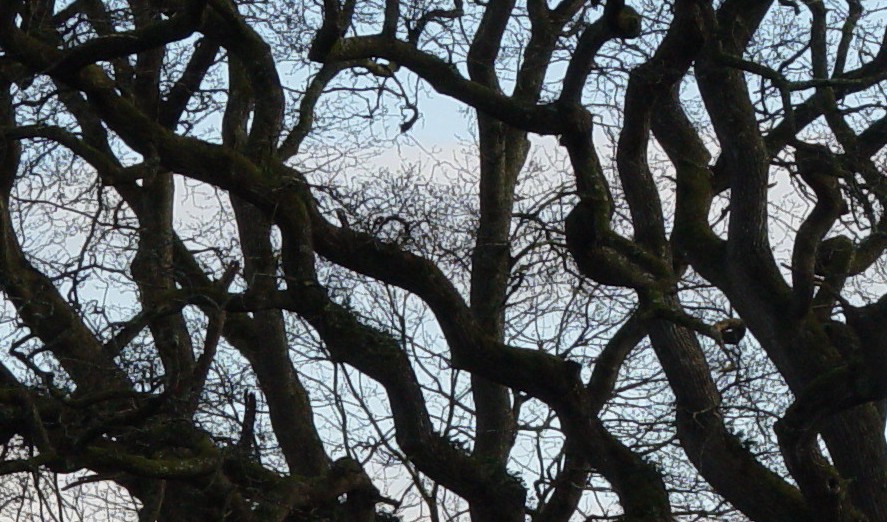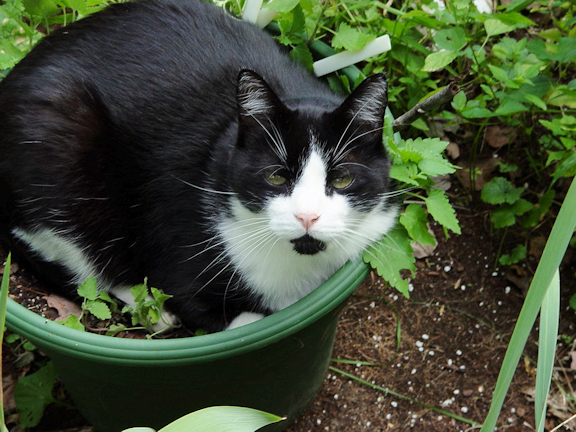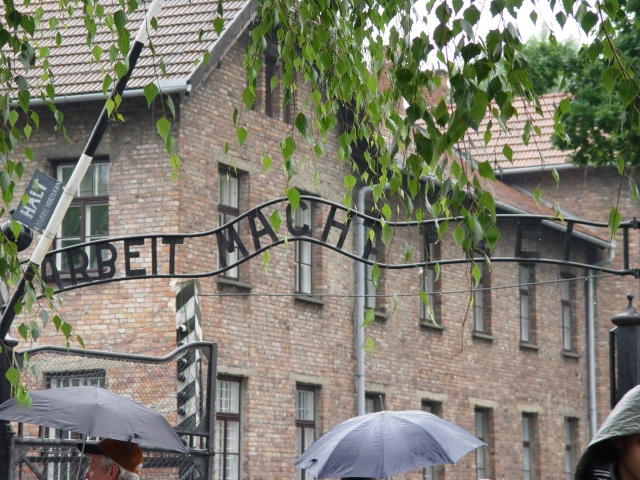We read novels because we care about the people who live between their pages.
William Shaw develops fascinating characters. Each person is vulnerable and brilliant in his or her own way, including the cast of The Birdwatcher.
Police Sergeant William South serves as Neighborhood Officer in the coastal patch of Kent in Southeastern England near Dungeness. He’s a first responder and the man who tracks down an elder who has lost his way. He keeps an eye on the local drug scene and chases shoplifters. A solitary man, South spends hours along the beaches and bogs looking for unusual birds.
On page one, when Sergeant South is ordered to assist in a murder investigation, he begs off because it’s October and prime birdwatching season and although no one else knows, William South is a murderer.
Luck abandons the Sergeant. The Dungeness victim happens to be his next-door neighbor and fellow birdwatcher. He’s torn between exposure and helping the Serious Crime Directorate find his friend’s murderer. He could leave the investigation in its early stages or later when told to stay away. Call it fate, but even official duties and ordinary acts like shopping or helping a friend, drag him deeper into the mystery. Each involvement redoubles his risk of exposure and even death.
Detective Sergeant Alexandra Cupidi’s past drives her from the Metropolitan Police and London. She’s desperate to make a strong first impression in Kent. A guilt-ridden single mother, she weighs professional success against her daughter Zoe’s adjustment to Kent.
Cupidi sees Neighborhood Officer South as an asset in her investigation. He knows the victim, the territory, and the shortcuts. Their relationship deepens as South eases tensions between Cupidi and Zoe. He rescues Zoe from bullies at her new school and hides her indiscretions.
Zoe is mature beyond her age—an adult trapped in the life of a fifteen-year-old schoolgirl. She loves and understands her mother. At the same time, Zoe compromises Alexandra’s professional and personal life. She can’t talk to her mother or the “cows” at school. Surprisingly, she confides in William South and plays matchmaker between him and her mother. Bored, Zoe gives birdwatching a try. Her drawings of birds in flight capture their jizz, amazing the experienced South.
The murderer lurks in the shadows and hides in plain sight. He or she may be stalking Cupidi, Zoe, or South. Cupidi believes that it must be a man. A woman could never kill with such violence and frequency, “Someone who literally cannot control themselves, or doesn’t want to. Someone so consumed with anger they cannot stop.”
Cupidi is anxious to close the case and secure her place in the Kent Serious Crime Directorate. When someone fits her image of the killer, South challenges her conclusions. His experience as a murderer suggests someone else is guilty.
Birds and birdwatching add color and plot twists. Birdwatching focuses on the extraordinary visitors, not the local gulls and sparrows—migrating species and individuals blown off course by ocean storms. South’s birdwatching parallels his police work. The Sergeant scans for anything unusual—a broken window, an abandoned automobile, or a group of individuals camped on a beach. South applies his birdwatching techniques to the murder investigation—high power binoculars and stakeouts even the birds can’t detect.
The Birdwatcher is two stories in one. Each chapter ends with a snippet set in Northern Ireland during The Troubles. Parallels between the life of young Billy and adult William include their interest in birdwatching and their fear of murder investigations.
The first page of The Birdwatcher accuses William South. Could he get away with murder, suffer imprisonment, or fall prey to the Kentish murderer? He’s an engaging character with great potential. Does he have a future?





